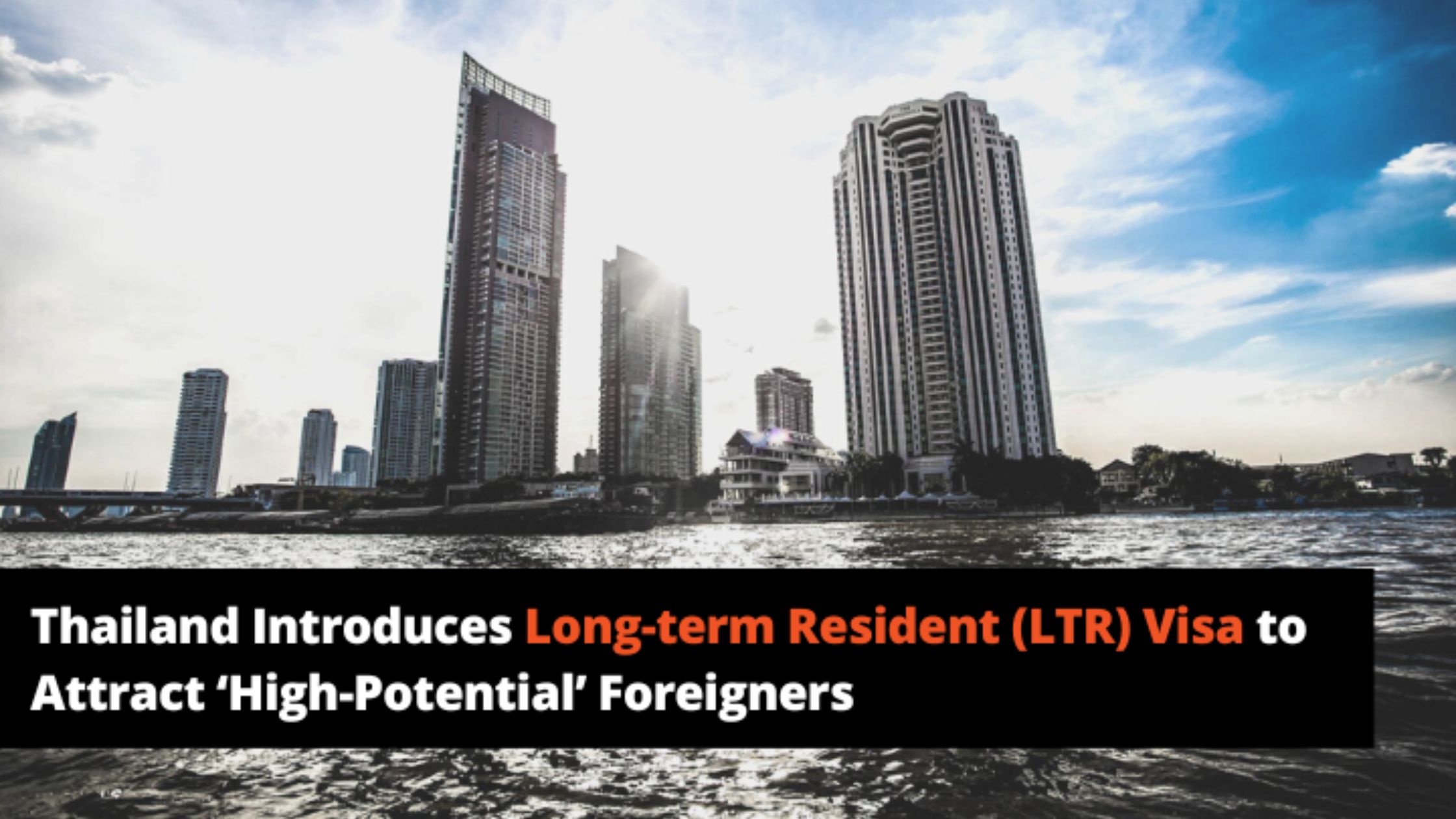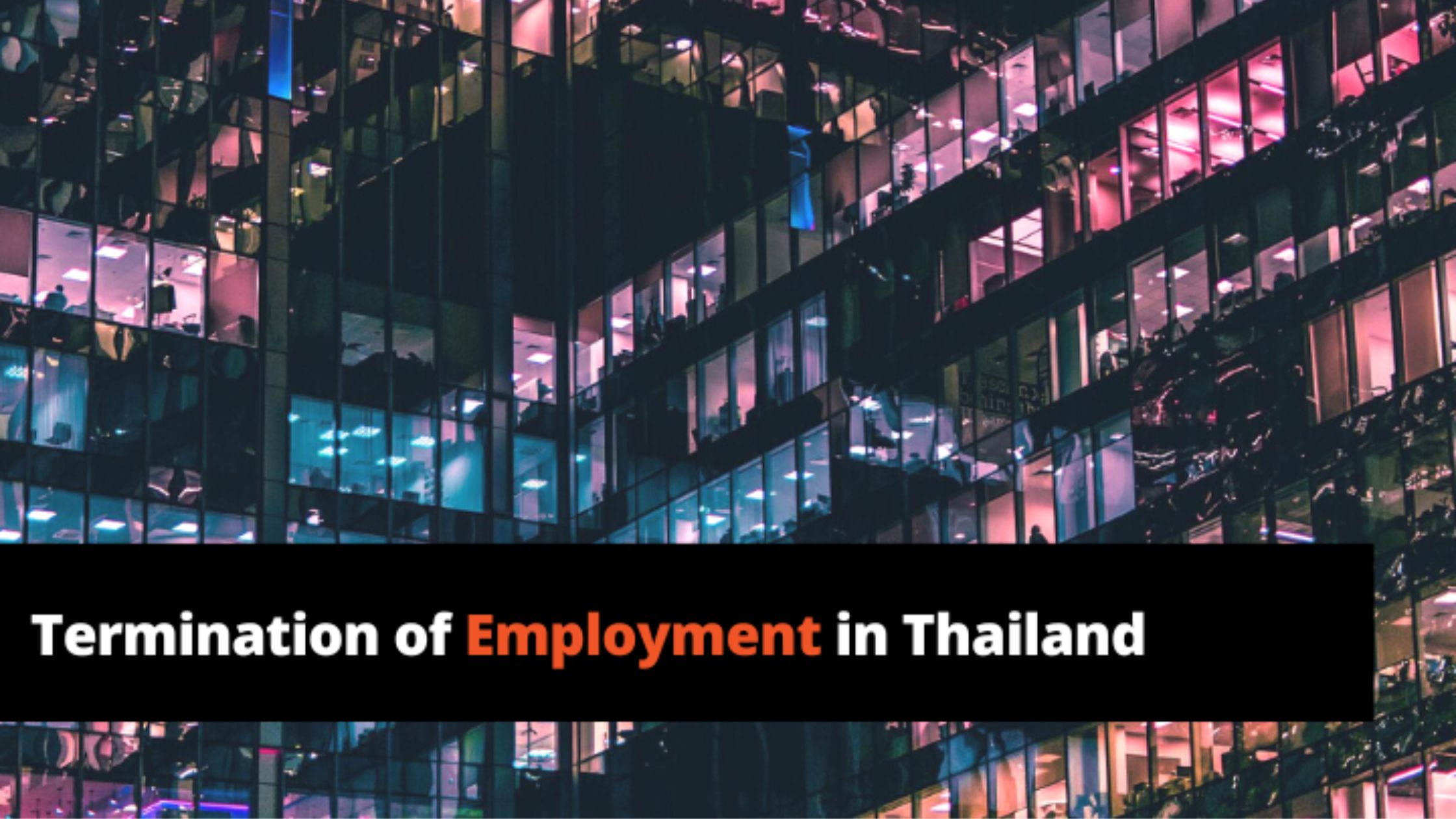
The Royal Decree No. 750 (B.E. 2565) issued under the Revenue Code regarding income tax exemption on investment in Thai startups (the “Royal Decree”) was recently published in the Government Gazette, in cases where the funding for the startups is provided directly or indirectly through Venture Capital (VC), Corporate Venture Capital (CVC), or private equity trust (PE Trust). This Royal Decree aims to unlock capital gains tax on investment in startups under the Royal Decree No. 597 (B.E. 2559) and No. 636 (B.E. 2560). These tax benefits are effective for ten accounting periods until 30 June 2032. The cabinet anticipates that these tax privileges will facilitate Thai startups to raise more funds from both Thai and foreign investors, leading to faster growth in gross domestic product (GDP) in Thailand, and an increase in the number of workers employed in Thailand.
In order for the target investors to obtain tax exemptions for their investments in Thai startups, the criteria for a startup, the target investors, tax benefits and conditions, and exception conditions can be summarized below.
1) Startup
A startup must engage in the target activities supported by the relevant government agencies as prescribed by the Committee on Policy for National Competitive Enhancement for Targeted Industries, which must use technology as the basis for their production process and services pursuant to regulations stipulated by the Director-General of the Revenue Department (the “Targeted Industries”). The government authorities which will be responsible for the issuance of the certification of the target activities are the National Science and Technology Development Agency (NSTDA) and the National Innovation Agency (NIA).
Currently, there are 12 Targeted Industries as prescribed under the Notification of the Committee on Policy for National Competitive Enhancement for Targeted Industries No. 1/2561, which are divided into 3 groups as follows:
- 5 S-Curve industries: Next-generation Automotive, SmartElectronics, Affluent, Medical and Wellness Tourism, Agricultureand Biotechnology, and Food for the Future;
- 5 New S-Curve industries: Robotics, Aviation and Logistics,Biofuels and Biochemicals, Digital, and Medical Hub; and
- Additional industries: Defense and Education and HumanResources Development.
2) Target Investors
All target investors who will be eligible for income tax exemptions under the Royal Decree No. 750 (B.E. 2565) should hold shares in the startup, CVC fund or PE Trust for at least 24 months before the transfer of shares and must not exercise their rights under the previous Royal Decree No. 597 (B.E. 2559) and
No. 636 (B.E. 2560).
The target investors can be categorized into two groups, namely:
a) Direct Investors: consisting of (i) persons who are Thairesidents or non-Thai residents, (ii) juristic companiesregistered under Thai law, and (iii) foreign juristic companiesregistered under foreign laws.
b) Venture Capital (VC): consisting of (i) CVC funds, (ii) PE Trusts,and (iii) shareholders or unitholders of CVC funds and PETrust.
A CVC fund or PE Trust can be registered in Thailand orabroad. If the CVC fund or PE Trust is established under Thailaw, it must have paid-up capital on the last day of each accounting period of THB 20 million or more and must be registered with the Securities and Exchange Commission.
Shareholders of the CVC fund or unitholders of the PE Trust must be individuals or corporate entities who only invest in Thai CVC funds and Thai PE Trusts.
If the CVC fund or PE Trust fails to meet the criteria above in any tax calendar year, its rights to tax exemption in that tax calendar year will be revoked.
3) Tax Benefits and Conditions
a) Direct Investment
A person or a juristic company registered in Thailand or abroad will be eligible for income tax exemptions on the gains from the transfers of shares in a startup, provided that the startup engages in the Targeted Industries and earns at least 80% of its total revenue from the target activities in two consecutive accounting periods before the transfer of shares.
b) Indirect Investment Through VC
Tax benefits for VC funds will vary according to the level of investment of the CVC fund and PE Trust, and the level of investment of the shareholders of the CVC fund and unitholders of the PE Trust, which can be summarized as follows:
i) Tax benefits for CVC and PE Trust
The CVC fund will enjoy corporate income tax exemptions on the gains from the transfers of shares in a startup, provided that such startup earns at least 80% of its income from the target activities in each accounting period for two consecutive accounting periods before the transfer of shares.
PE Trusts are not subject to corporate income tax.
ii) Tax benefits for shareholders of CVC funds and unitholders of PE Trusts
Shareholders of CVC funds and unitholders of PE Trusts will be granted tax exemptions on the following:
(a) Gains from transfers of shares in CVC funds and PE Trusts, where the shareholders of the CVC funds and unitholders of the PE Trusts will receive personal or corporate income tax exemptions in proportion to their investments, provided that such startups earn at least 80% of their income from the target activities in each accounting period for two consecutive accounting periods before the transfer of shares.
(b) Gains from the dissolution of CVC funds and PE Trusts based on the proportion of retained earnings received from the target activities of the startups, provided that such startups earn at least 80% of their income from the target activities in each accounting period for two consecutive accounting periods before the dissolution.































 Kudun and Partners Limited
Kudun and Partners Limited Kudun Sukhumananda
Kudun Sukhumananda Troy Schooneman
Troy Schooneman







